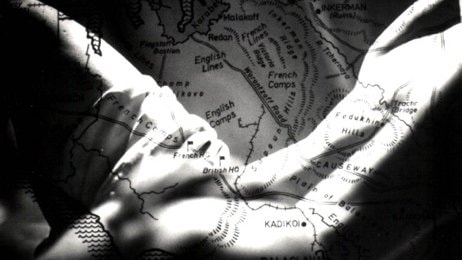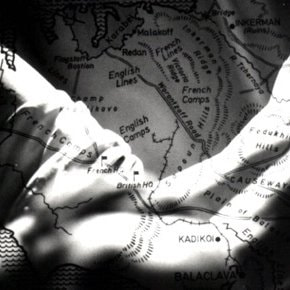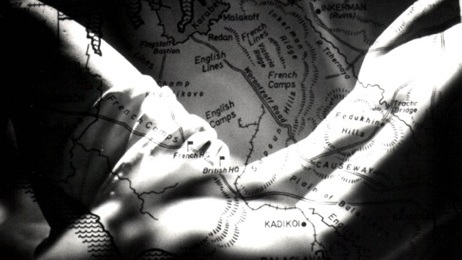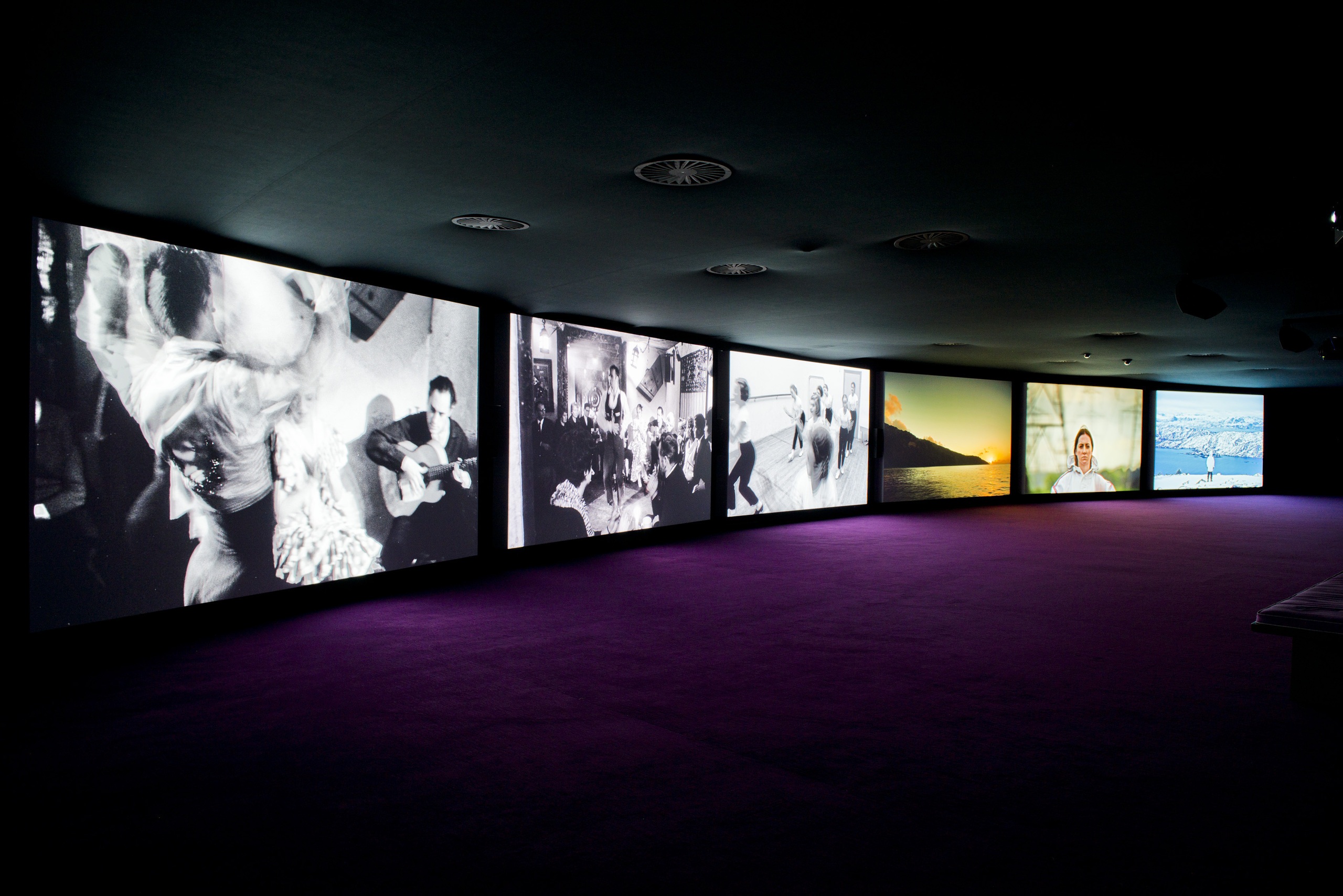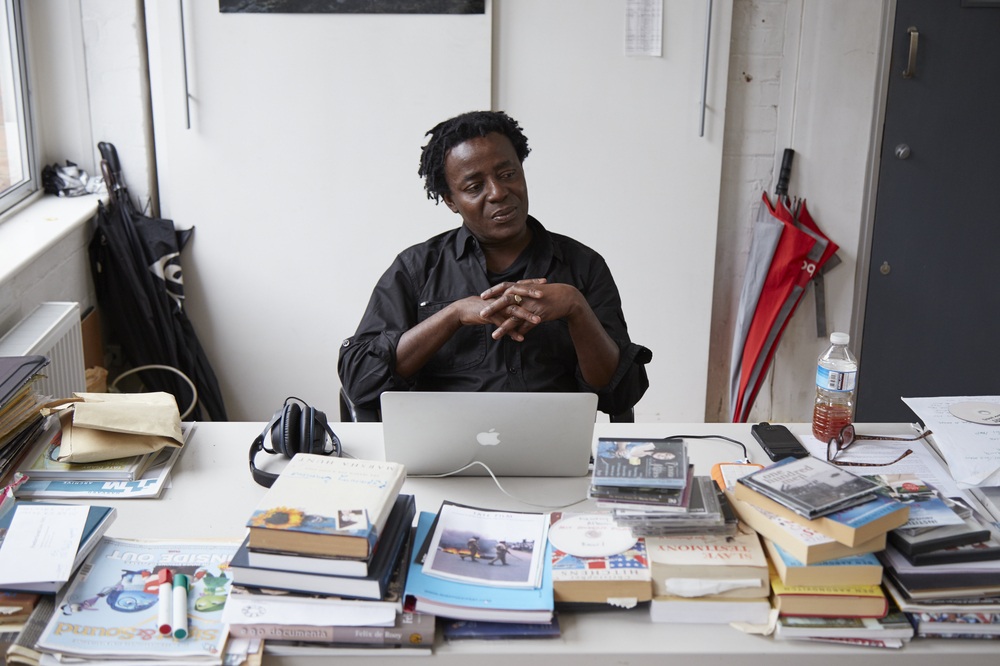John Akomfrah’s Field Research project explored «the national question,» a term coined by the Bolsheviks, and how the Soviet Union became interested in the question of a domestic national identity through the medium of film.
From the beginning of the Russian Revolution, consolidating a new and inclusive nation was paramount and part of the new utopian project. Film was always part of this project. Teams of filmmakers were sent from Russia to every corner of the Soviet Union, documenting the lifestyles and cultures of the empire’s republics for consumption by the greater population. At the same time communities and workers from the republics were being invited to come to Moscow to share the benefits of their collective efforts at huge agricultural and commercial exhibitions like VDNKh, which featured individual pavilions showcasing the republics’ produce.
Akomfrah was interested in finding those images of panculturalism, multiculturalism, multi-ethnicity, and cultural diversity from the earliest days of cinema that Russians are used to seeing, but which are very rarely seen abroad.
«The national question» was to be a direct precursor to the country’s involvement in the anti-colonial movements of the 1950s to the 1970s. This was a time when many Asian and African countries were involved in liberation struggles and forging new relationships with countries other than their old colonial masters, particularly with the Soviet Union. These countries included Angola, Cuba, Ghana, Mozambique, Nigeria, India, and Pakistan. High-ranking Asian and African political delegations visited the Soviet Union, and there were student exchange programs between those countries and Soviet universities. However, the Soviet agenda toward the so-called third world countries has never been fully transparent and remains debatable.
Having explored the Russian national film archives, Akomfrah selected around 1,500 news items and excerpts from documentaries that reflected the Soviet Union’s complex involvement in the national liberation struggles of the African and Asian postcolonial movements and its own domestic policy for multiculturalism and cultural diversity. The artist is currently studying this material with a view to working on it.
Status: 2020–2022
Researcher: John Akomfrah
